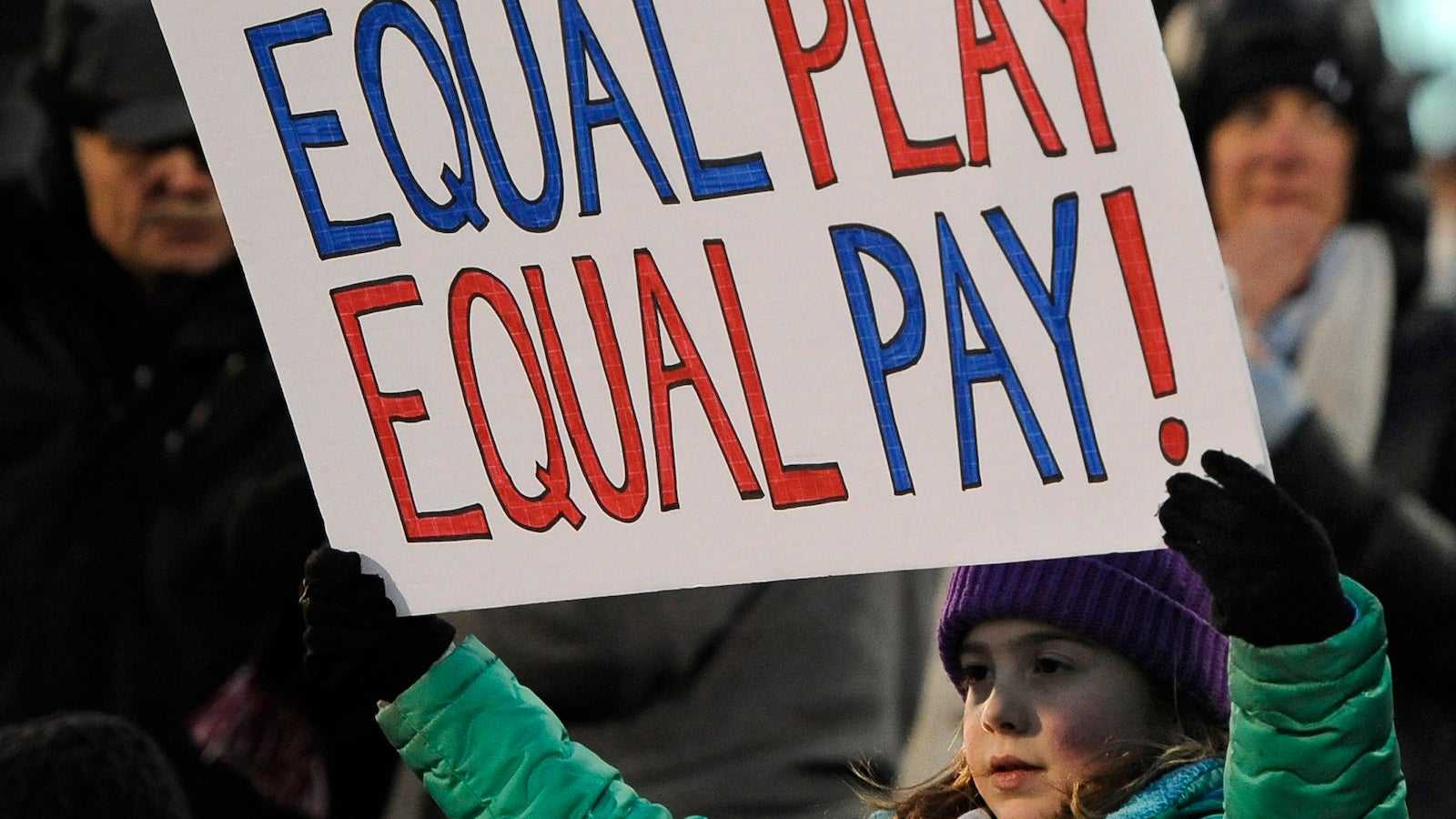The good news about women and pay raises
A few years ago, Microsoft CEO Satya Nadella made a famous gaffe, telling a conference of women in technology that when it comes to getting raises, they would do just as well to generate good karma by not asking for more money and instead have faith that “the system” will reward them in the end. (The usually attuned Nadella, who quickly apologized, would later refer to his advice as a “massive[ly] nonsensical answer” to a question from the audience.)


A few years ago, Microsoft CEO Satya Nadella made a famous gaffe, telling a conference of women in technology that when it comes to getting raises, they would do just as well to generate good karma by not asking for more money and instead have faith that “the system” will reward them in the end. (The usually attuned Nadella, who quickly apologized, would later refer to his advice as a “massive[ly] nonsensical answer” to a question from the audience.)
At the time, I argued that though his remarks at the conference were tone-deaf, Nadella may have been doing his audience a favor, given the backlash women sometimes face when they ask for a raise or promotion.
Now I’m not so sure.
A fascinating new study about the rates at which women and men ask for and receive raises suggests the tide indeed may be turning—and that new generations of women in the workplace would do well to keep pushing for better pay.
The authors of the study, from the University of Wisconsin at Oshkosh, Cass Business School, and the University of Warwick, had set out to measure the gender gap when it comes to asking for raises. To their surprise, they didn’t find one. A full 14% of the women they surveyed said they had attempted to get a better wage from their employers—the exact same percentage of men in the study who said they had done so.
They did, however, find that the women who asked for more money had their requests granted only 15% of the time, versus 20% for the men. “While that may sound like a modest difference,” the researchers wrote in a Harvard Business Review piece about their study, “over a lifetime it really adds up.”
Here’s the good news, though. While older women had a comparatively tougher time getting a “yes” response to their raise requests, younger women involved in the study were “statistically indistinguishable” from the younger men in terms of both their asking rates and their success rates, the researchers found. This perhaps suggests that we’ve reached an inflection point of sorts, in which new generations of women have started to internalize all the advice to “lean in” and their managers are no longer penalizing them for it when it comes to pay—at least not any more so than they penalize the men.
It’s early days to make a call like this, and still an open question as to whether even successful requests made by women can hurt them disproportionately in their interactions with a manager later on. While “it could be that negotiating behavior through the years has begun to change,” the researchers surmised, “future research may be able to decide whether true changes are going on in the modern labor market.”
This particular study was based on survey responses collected in 2014 (the year after Sheryl Sandberg’s Lean In was published) from 4,600 randomly selected employees across 800 workplaces in Australia. The researchers said they chose Australia because the country provides comparatively good statistics on “asking” behavior, and because it is “representative of a mixture of cultures (with British, South-East Asian, American, and European influences).” The main finding, that women are as inclined as men to ask for raises, held for employees of large and small companies, and for women of various education levels.
The research suggests that either women aren’t as timid about salary negotiation as previously believed or, as the researchers also theorized, “[p]erhaps the world really is beginning to transform.” The logical question now is: Is your workplace ready to keep pace?
Follow Quartz for more stories about navigating the modern workplace, from Quartz At Work.